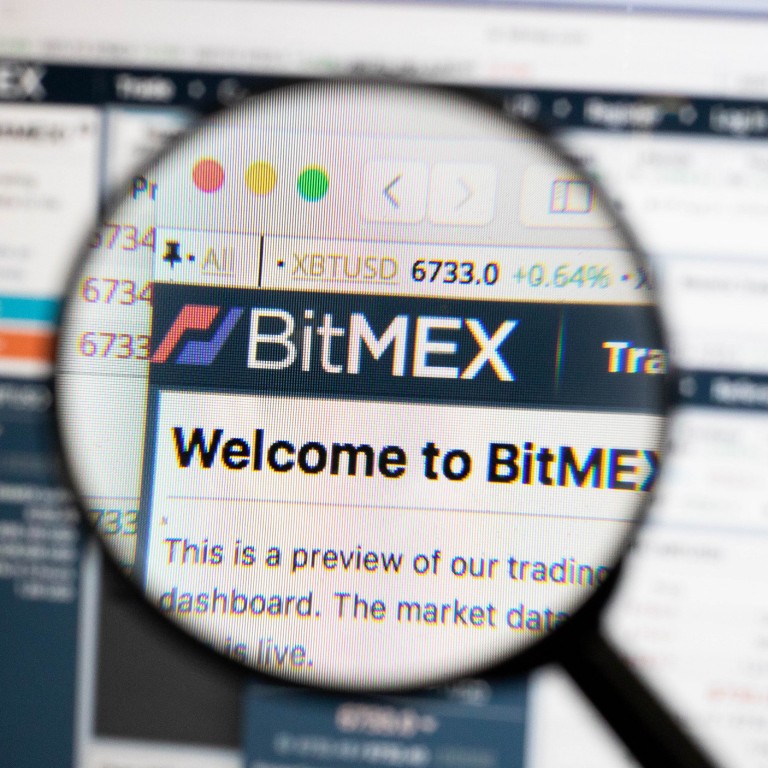
BitMEX lays off a quarter of staff in cryptocurrency exchange’s revamp, throwing US$600,000-a-month Cheung Kong Center lease into question
- Cryptocurrency exchange BitMEX, which has leased one of the costliest office in Hong Kong, is laying off a quarter of its global workforce
- The redundancies come as cryptocurrency exchanges face a tougher line from regulators globally, banning cryptocurrency assets promotion to retail investors
The redundancies, which take effect at the end of April, will affect about 75 staff, according to people familiar with the matter. A spokesman confirmed that BitMEX is reducing its workforce to prepare for “the next phase of the business,” adding that the platform will operate as normal.
Work-from-home operations, exacerbated by the global Covid-19 pandemic, are likely to leave BitMEX needing a smaller real estate footprint, putting its Cheung Kong Center lease into question when it is due for renewal next year, according to a source familiar with the matter. BiMEX declined to comment about further redundancies.

Cryptocurrency trading platforms are facing a tougher operating environment as global regulators dialled up their scrutiny of their marketing to retail investors, a key driver fuelling the growth of the US$2.3 trillion industry.
The UK’s Financial Conduct Authority ended a consultation last month that sought the industry’s views on restricting cryptocurrency advertising to only high-net worth and sophisticated investors. That followed a similar move by the Monetary Authority of Singapore which banned the advertising of digital payment tokens to the general public this year.
Hong Kong reviews rules on retail trading cryptocurrency ETFs
These plans remained on track, according to a separate source close to the matter. The firm has 11 vacancies in Hong Kong, according to its advertising on LinkedIn.

